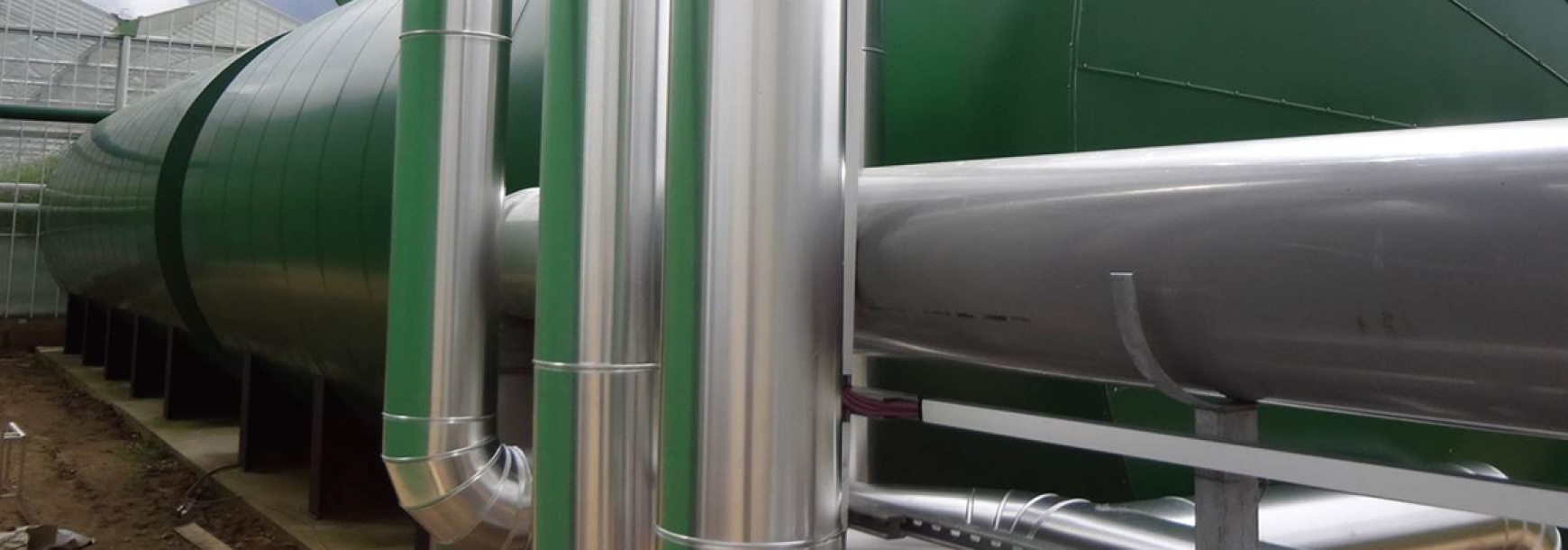The Renewable Heat Incentive is a scheme that is administered by Ofgem, and aims to increase the amount of heat generated from renewable sources within England, Scotland and Wales.
Eligible installations will receive payments based on the amount of heat produced, for a twenty year period. Payments are calculated by multiplying the heat generated (in kilowatt hours) by the applicable tariff for the technology.
Tariffs differ according to the technology and are intended to reduce in time as the cost of installing new technologies goes down. However once an installation has been accredited on to the scheme, the applicable tariff is guaranteed for twenty years.
What are the benefits?
Depending on the type and size of the installation, there is a usually a reasonably good return on investment, typically taking around 5 years for a medium sized biomass boiler, or 6 years for a heat pump.
Provided that you meet the ongoing obligations, installations accredited to the scheme will receive payments each quarter and will be index linked.
Fuel costs may be reduced especially if you source your own, and are likely to be cheaper than fossil fuel alternatives like oil.
And of course, there is always the environmental impact of switching to renewable technologies which may also reflect positively on your business.
What should you be aware of?
The RHI is a very simple concept, but does contain a range of qualifying and operational criteria which should be carefully studied when planning any renewable heat project.
There are also a number of obligations to adhere to once accredited to the system, including keeping good fuel records, maintaining your system and taking regular meter readings to submit to Ofgem.
The source of your fuel is an important consideration, as all fuel used in accredited systems needs to meet the sustainability criteria set out by Ofgem.
Tariffs are reviewed each quarter and adjusted when certain triggers are met, such as the number of installations accredited to the scheme. Popular technologies have seen some significant changes to the tariffs since the scheme began in 2011, for example small biomass has seen the tariff go down from 8.8p in June 2014 to 3.62p in July 2016.
The Department for Business, Energy & Industry Strategy have proposed some significant changes to the scheme, most of which are likely to take effect from April 2017. However a budget cap has already been introduced that may see the scheme closed to new applications if the financial thresholds are met, and will not re-open until April 2017. Details on this new measure and the consultation into proposed changes to the scheme are yet to be published by The Department for Business, Energy & Industry Strategy.
How can we help?
We have been involved in the RHI scheme since its inception, and have helped hundreds of applicants negotiate the regulations to gain successful accreditation and meet their ongoing obligations.
Where can you find more information?
On the Ofgem website: Non-Domestic Renewable Heat Incentive (RHI)
https://www.ofgem.gov.uk/environmental-programmes/non-domestic-rhi
On GOV.UK: Non-domestic Renewable Heat Incentive (RHI)
https://www.gov.uk/non-domestic-renewable-heat-incentive
Or call our renewables team on 024 7669 8887.


